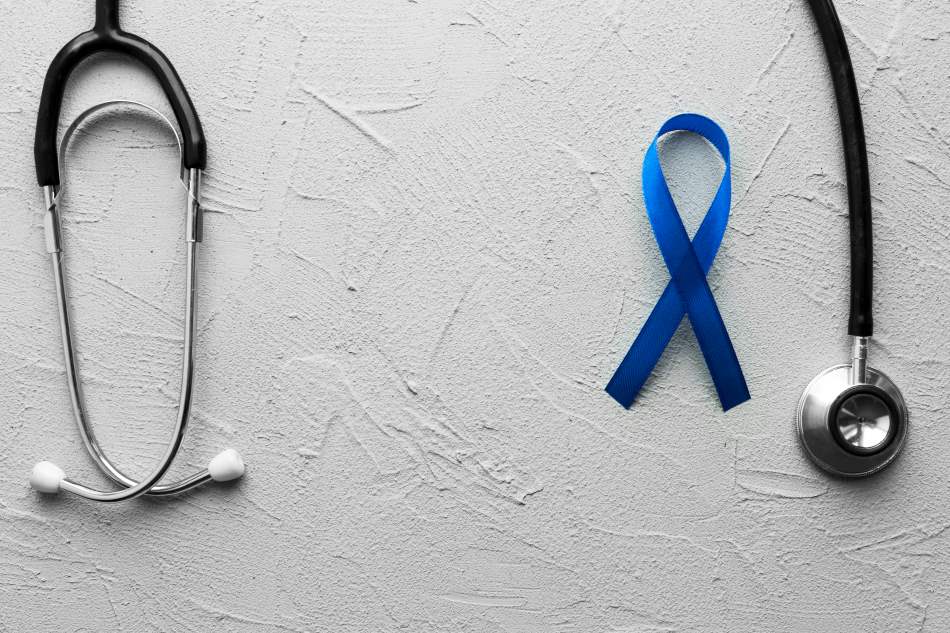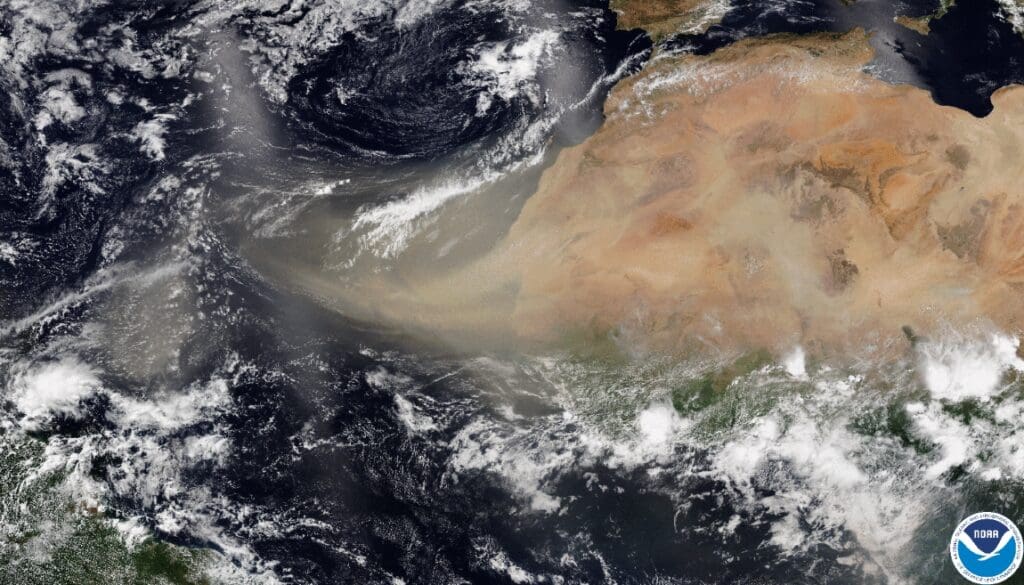Summary:
Natural disasters and public health crises don’t just disrupt infrastructure — they can delay life-saving medical diagnoses. A study published in Cancer shows that major events such as Hurricanes Irma and Maria, along with the COVID-19 pandemic, led to sharp drops in colorectal cancer (CRC) diagnoses in Puerto Rico. Researchers found that during and after these events, fewer people were diagnosed with CRC, particularly at early stages. Over time, this gap was followed by a rise in late-stage diagnoses, indicating a troubling trend.
Analyzing data from the Puerto Rico Central Cancer Registry between 2012 and 2021, the researchers found a 17.5% drop in CRC cases when the hurricanes struck and a 24.2% drop following the COVID-19 lockdown. By the end of the study period, expected diagnosis levels in screening-age adults (50–75 years) had not been reached. Meanwhile, late-stage cancer cases, as well as those in younger and older age groups, exceeded predictions.
The study was led by a team at the University of Puerto Rico, who emphasized the need for stronger, more resilient health systems capable of maintaining essential care during crises. They call for long-term solutions to protect access to cancer screening and reduce health disparities.

Do disasters delay early cancer diagnoses?
Rates of colorectal cancer (CRC) diagnoses dropped during and shortly after Hurricanes Irma and Maria and the COVID-19 pandemic in Puerto Rico, according to a recent analysis. However, late-stage diagnoses eventually exceeded expectations, suggesting that limited access to cancer screening services due to these disasters likely hindered timely CRC diagnoses.
The findings are published by Wiley online in Cancer, a peer-reviewed journal of the American Cancer Society.
During disasters, medical services may be delayed or inaccessible due to damaged infrastructure, overburdened health care facilities, or shortages of medical personnel. This can lead to late diagnoses, interruptions in treatment, and an overall worsening of survival and other health outcomes for patients.
To assess the impact of Hurricanes Irma and Maria and the COVID-19 lockdown restrictions on CRC diagnoses, investigators analyzed 2012–2021 data from the Puerto Rico Central Cancer Registry, which has been collecting information on all cancer cases diagnosed and treated in Puerto Rico since 1950.
The team led by investigators at the University of Puerto Rico found that from 2012–2021, a total of 18,537 residents received a first-time diagnosis of CRC. In the month the hurricanes struck, 161.4 CRC cases would have been expected in the absence of any interruption, but instead, only 82 cases were diagnosed.
After a slight upward trend, there was a second decline following the COVID-19 lockdown restrictions. In April 2020, the observed number of CRC cases was 50, but the expected number of cases without interruptions would have been 162.5.
By the end of the study, the estimated numbers of patients with early-stage CRC and those aged 50–75 years (the recommended screening age range) did not reach expected numbers. Meanwhile, numbers of patients with late-stage CRC and those outside the recommended screening age range (<50 years and ≥76 years) exceeded expected numbers.
“These findings suggest that limited health care access during these events may have delayed cancer detection and may have worsened health outcomes. This issue is especially critical in Puerto Rico, since the health care system already faces important challenges,” said co–lead author Tonatiuh Suárez-Ramos, MS.
“Understanding these disruptions can help develop more adaptable and resilient strategies to ensure the continuity of essential care,” added co-lead author Yisel Pagán-Santana, PhD.
Senior author Karen J. Ortiz-Ortiz, PhD, stressed the urgent need for policies that strengthen health care systems in Puerto Rico and other regions that face similar challenges. “By evaluating the impact of events like hurricanes and the COVID-19 pandemic, we hope to start the conversation about long-term solutions to improve cancer care coordination, reduce health disparities, and ensure continued access to care,” she said. “Ultimately, our goal is to help people live longer, healthier lives by making health care systems more resilient and accessible, even in times of crisis.”
Journal Reference:
Suárez-Ramos T, Verganza S, Pagán-Santana Y, et al., ‘Evaluating the impact of hurricanes and the COVID-19 pandemic on colorectal cancer incidence in Puerto Rico: An interrupted time-series analysis’, Cancer e35793 (2025). DOI: 10.1002/cncr.35793
Article Source:
Press Release/Material by Wiley
Featured image credit: Freepik




